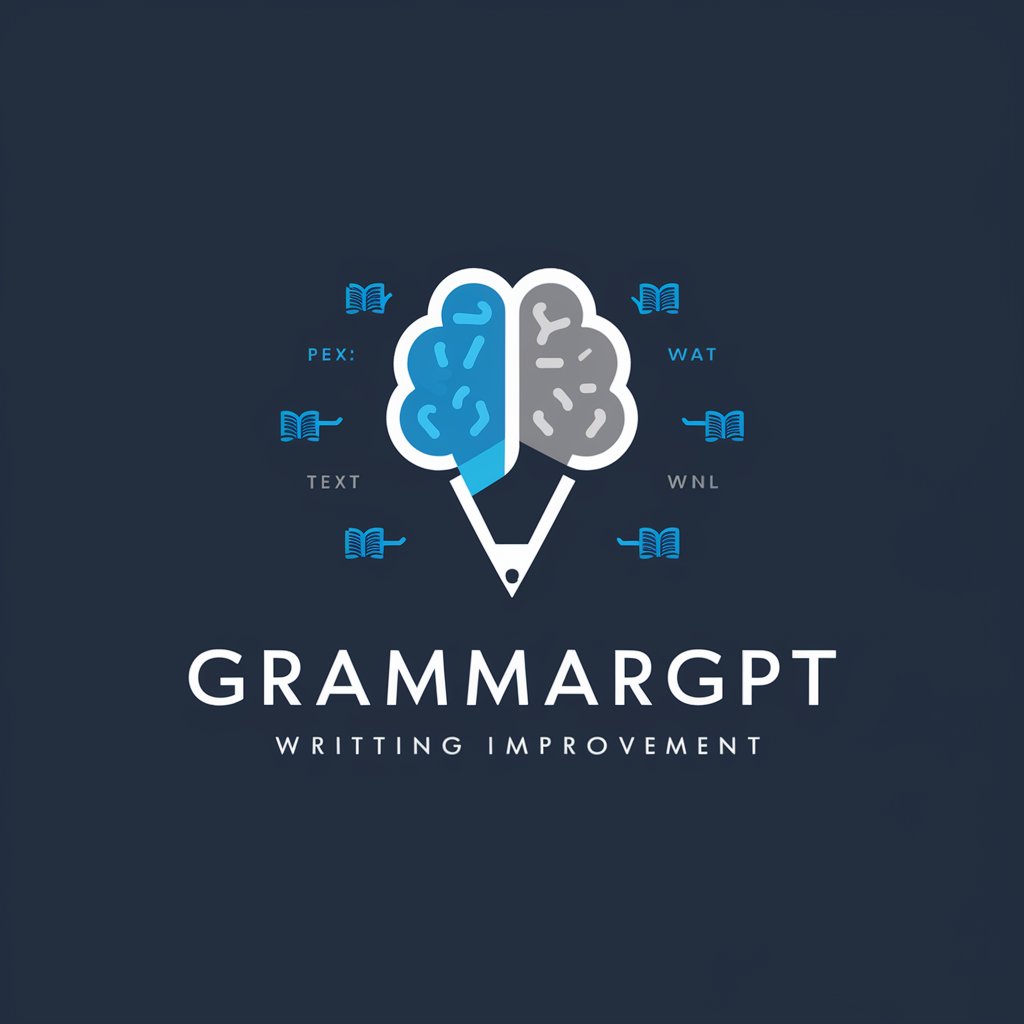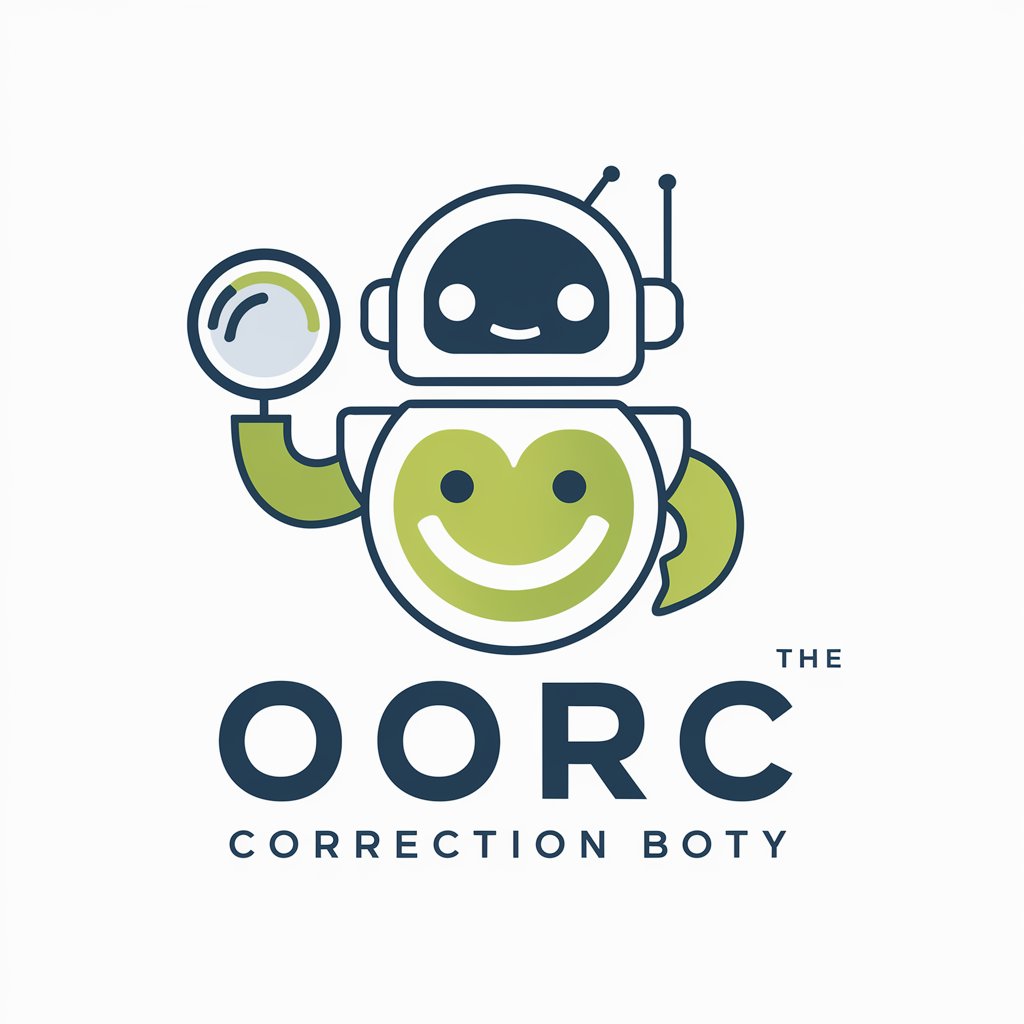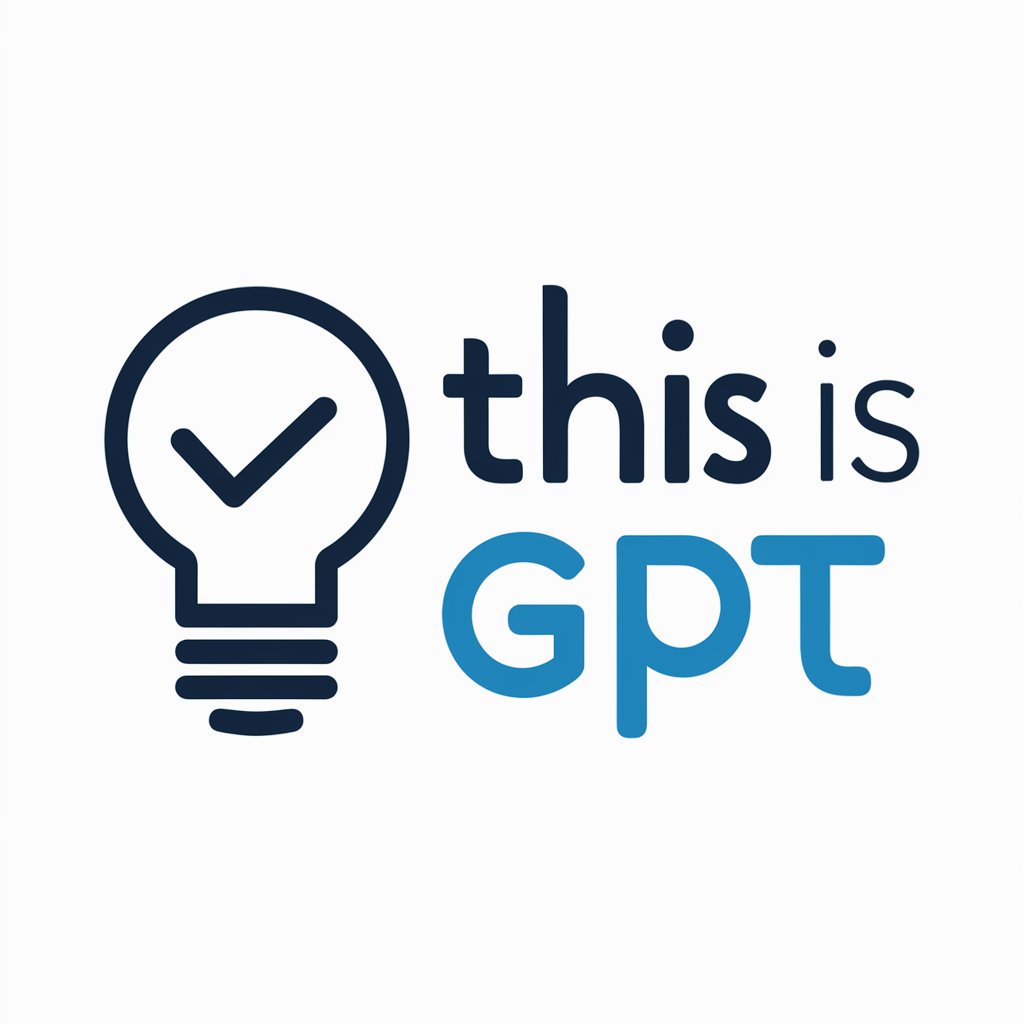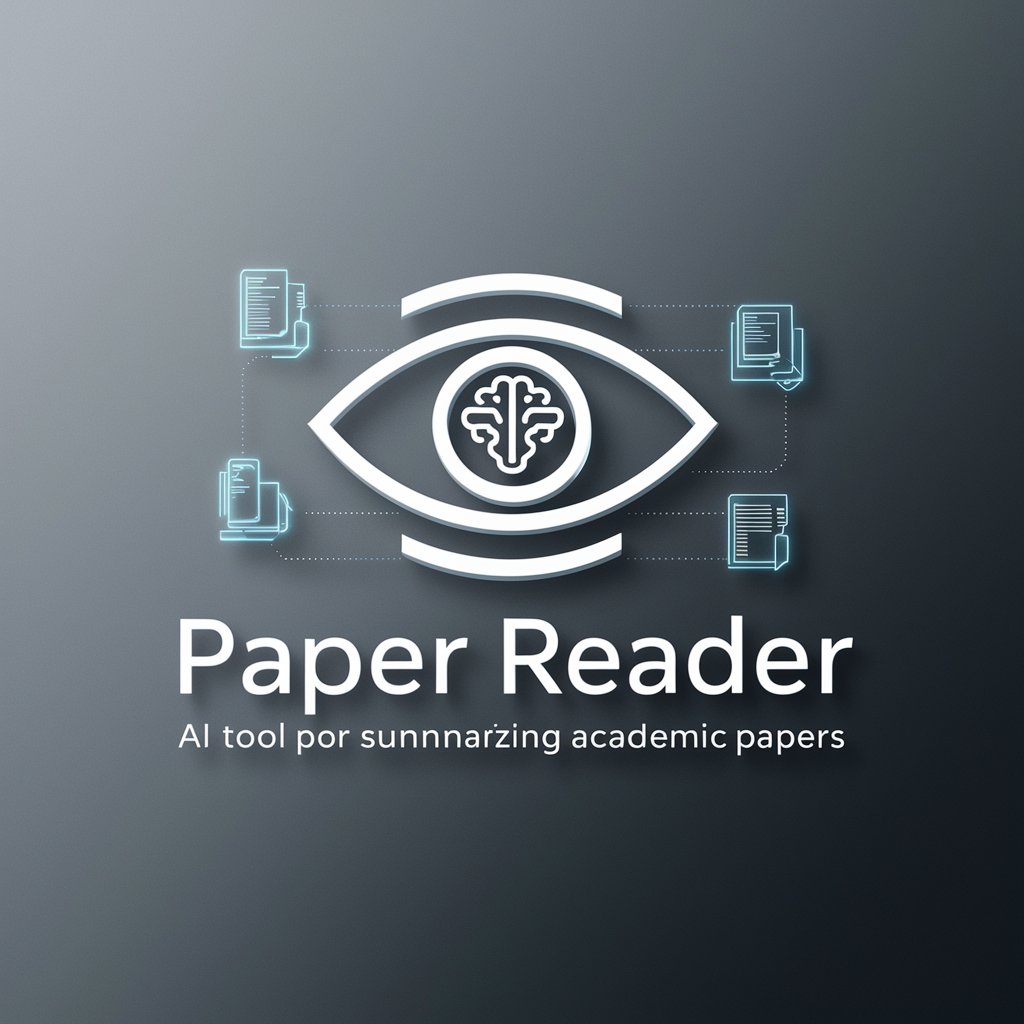
paper for post colonial - Academic Paper Assistant

Welcome! Let's dive into your academic journey on migration and immigration policies.
Empowering Postcolonial Studies with AI
Analyze the representation of migration in 'Illegal' by Eoin Colfer and Andrew Donkin, focusing on...
Discuss the intersection of race and immigration policies as explored in Harsha Walia's 'Border and Rule'...
Evaluate the impact of visual storytelling in 'We Hereby Refuse' on the perception of displacement...
Compare the narrative techniques used in 'This Side That Side' and 'Home' to depict the experiences of migrants...
Get Embed Code
Understanding paper for post colonial
paper for post colonial, as a unique AI construct, is designed to support academic endeavors, especially in comprehending and analyzing migration and immigration policies through the lens of post-colonial literature. It uses primary texts such as 'Illegal' by Eoin Colfer and Andrew Donkin, and 'Border and Rule' by Harsha Walia, among others, to delve into these complex themes. For instance, analyzing 'Illegal' allows users to empathize with the protagonist's journey and challenges, offering insights into the personal impacts of immigration policies. Similarly, 'Border and Rule' provides a critical examination of the systemic inequalities embedded in these policies. These analyses are crucial for developing a nuanced argument in academic papers, demonstrating the intersection of race, gender, and migration. Powered by ChatGPT-4o。

Core functionalities of paper for post colonial
Textual Analysis
Example
Interpreting 'This Side That Side' to explore the partition's impact on migration, highlighting the emotional and societal upheavals it caused.
Scenario
In a classroom setting, using the tool to dissect themes and narratives in the assigned reading, aiding in the preparation of a reflective essay on partition and its lasting effects on migration.
Critical Argument Development
Example
Utilizing insights from 'Home' and 'It Won't Always Be Like This' to craft an argument on the concept of home and belonging in the context of forced migration.
Scenario
While researching for an academic paper, drawing on the AI's analysis to formulate a thesis that interrogates the notion of 'home' in literature, contrasting it against the backdrop of global migration crises.
Integration of Scholarly Sources
Example
Incorporating analysis from 'Border and Rule' alongside other scholarly works to argue for the dismantling of systemic barriers in immigration policy.
Scenario
Preparing a presentation for a conference, using the tool to seamlessly blend primary text analysis with academic research to advocate for policy reform.
Who benefits from paper for post colonial?
Academic Researchers
Scholars focusing on migration studies, post-colonial literature, and interdisciplinary research will find the in-depth analysis and synthesis of complex themes invaluable for their work, facilitating the development of scholarly articles and research projects.
Students
Undergraduate and graduate students engaged in courses on global literature, migration studies, and post-colonialism can leverage this tool to enhance their understanding of course materials, assist in the preparation of essays and presentations, and foster critical thinking.
Educators
Teachers and professors in humanities and social sciences can use this AI to structure lesson plans, stimulate class discussions, and guide students in their exploration of migration, identity, and the legacies of colonialism through literature.

Using Paper for Post Colonial
1
Go to yeschat.ai to access a free trial, no ChatGPT Plus required.
2
Identify your research area or topic related to postcolonial studies, especially in migration and immigration policies, to focus your inquiries.
3
Utilize the uploaded primary texts to extract information, quotes, and analyses pertinent to your topic.
4
Synthesize information from different sources to build a comprehensive argument or analysis.
5
Refine and finalize your academic paper by integrating insights, critical analysis, and textual evidence.
Try other advanced and practical GPTs
Generative Image Prompter
Visualizing Ideas with AI

Get Prompts Creations
Empower Creativity with AI

Grammar checker and improve writing for content
Revolutionize Your Writing with AI-Powered Precision

UX Guru
Elevate Design with AI-Powered Insights

ORC correction bot
Revolutionizing OCR Correction with AI

This is GPT
Demystifying Truths with AI Power

Historiador de Arte Colonial
Decoding Colonial Art with AI

Guided Image Generator
Bring Your Visual Ideas to Life with AI

SceneCrafter
Bringing Stories to Life with AI

Cover Letter Maker
Craft winning cover letters with AI

College Counselor
Tailored Guidance for Your College Journey

Perfect GPT Builder
Elevating AI through tailored prompts

FAQs about Paper for Post Colonial
What primary texts does Paper for Post Colonial focus on?
It focuses on texts related to migration and immigration policies, such as 'Illegal' by Colfer and Donkin, 'Border and Rule' by Walia, 'This Side That Side', 'Home', 'It Won't Always Be Like This', and 'We Hereby Refuse'.
How does Paper for Post Colonial assist in academic writing?
It aids in extracting and analyzing information from primary texts, integrating diverse perspectives into a coherent argument, and ensuring the academic standards of clarity and critical analysis.
Can Paper for Post Colonial help with understanding complex narratives in migration studies?
Yes, it helps in dissecting complex narratives by providing detailed analyses and insights from primary texts, focusing on migration and postcolonial themes.
Is Paper for Post Colonial suitable for beginners in postcolonial studies?
Yes, it is designed to guide users through the process of understanding and analyzing postcolonial texts, making it accessible for beginners.
How does Paper for Post Colonial support argument development in academic papers?
It supports argument development by providing evidence and analyses from primary texts, helping to construct well-grounded and persuasive arguments.





